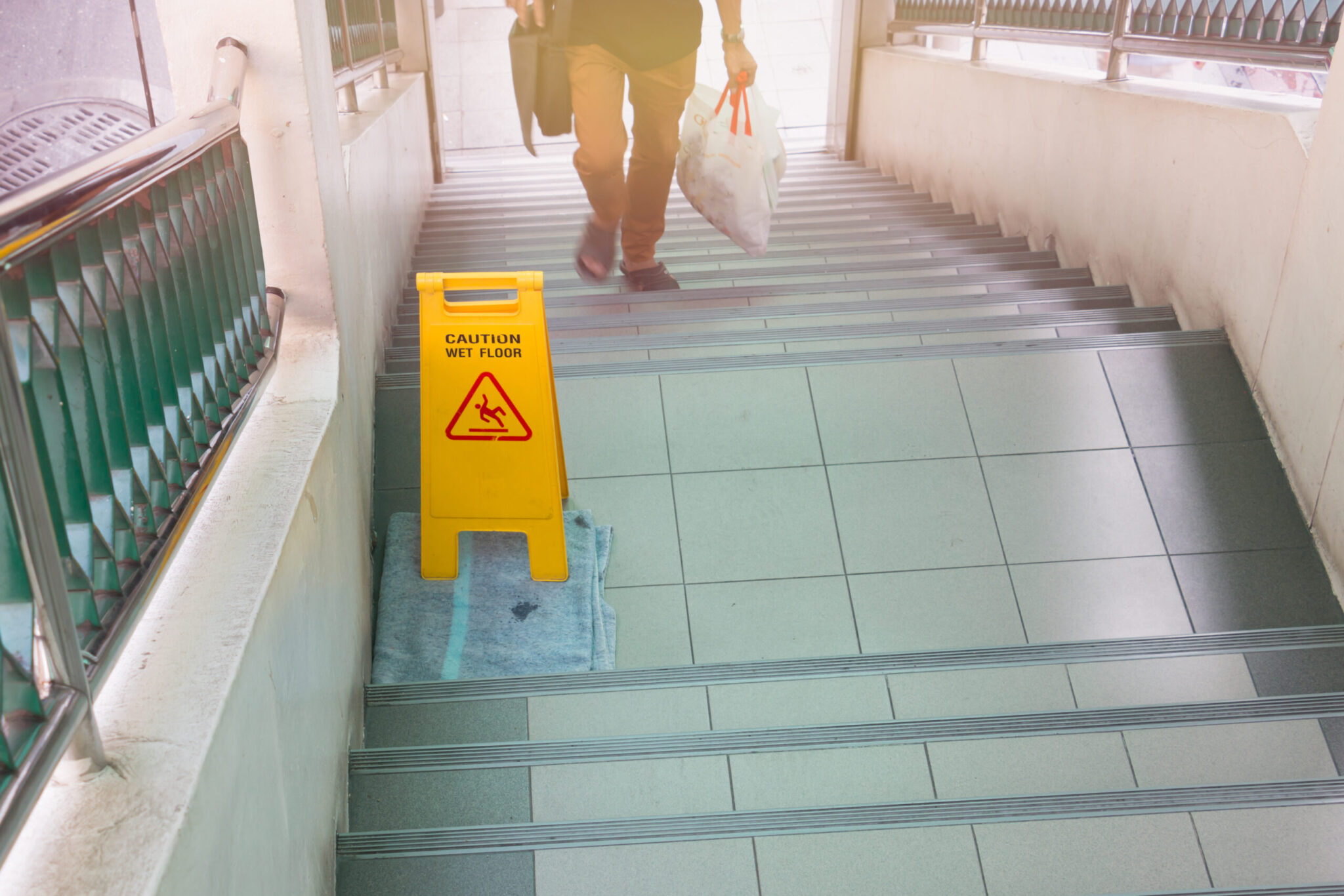
Tenants who are living in multi-unit apartments can find themselves in some difficult situations. Sometimes, it is the property owner’s responsibility to take care of the property; sometimes, it’s a property management company; sometimes, it’s one or more of the tenant’s jobs themselves. Their lease agreement usually lays out the rules for who does what in the building and on the land.
Tenants trying to be helpful, who go out and shovel a porch, walkway, or driveway when it is someone else’s responsibility, can set themselves up for a unique legal situation called “constructive ownership.” This means when there is a common area, specifically one person or entity’s responsibility. Still, if you take it upon yourself to take care of it for a sustained period, you could be responsible if it causes someone’s injuries.
We struggled with this in a potential case. It was a situation where the person slipped and fell on the apartment building’s shared porch. The property owner had always taken care of it in the past, but in the last few years, he had left shovels and a bucket of sand at the door for the tenants to use. Our potential client had shoveled the porch at every storm for the past few years, shoveled the steps, and shoveled the walkway. One day he did not shovel the steps after a small snowfall, and he slipped and fell, hurting his lower back. He wanted to sue the property owner.
Our Client’s Fear
After speaking to the potential client, he was afraid that his injury would not be the property owner’s legal duty because he had taken ‘constructive ownership’ of shoveling the snow on the porch and stairs. He feared he would be responsible for paying the out-of-pocket medical expenses for his fall, just under $4,000.
How Garmey Law Helped
Sometimes, all you can do is tell someone that you are sorry. This potential client had, in our opinion, and given all the facts, taken over the property owner’s responsibility to shovel the stairs. After getting the shovels and sand from the property owner and volunteering to shovel the porch and stairs for years, it would be very difficult to prove that it was the property owner’s responsibility to maintain the stairs after it snowed and not the potential client’s responsibility. What we were able to determine was that there was a valid medical payment policy in the homeowner’s insurance plan. This meant that the property owner’s insurance should cover his medical expenses without much hassle. We provided a letter to the potential client outlining the steps they should take to get that information from the insurance company and how they should approach getting that payment. We did not charge the potential client for the time or the extra advice and effort. We got a call a few months later that the potential client had worked it out with the insurance company and paid all their bills, which made them happy. They appreciated that though we did not make any money off their case that we were willing to help and provide them with additional guidance and suggestions on how to help themselves
